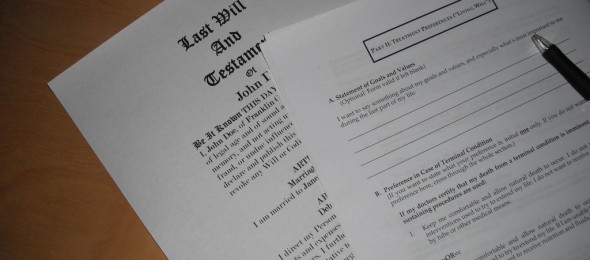Professor Lee-Ford Tritt, Director of the Center for Estate Planning, Director of the Estates & Trusts Practice Certificate Program, and Associate Director of the Center on Children and Families at the University of Florida Levin College of Law, has written “Legislative Approaches to Trust Arbitration in the United States,” Arbitration of Internal Trust Disputes: Issues in National and International Law, Oxford University Press, S.I. Strong, ed., Forthcoming 2016. In his book chapter, Professor Tritt examines how mandatory arbitral provisions are treated in the context of trust agreements across the nation.
Here is the abstract:
In the United States, the treatment of mandatory arbitration provisions in trust agreements remains murky. This uncertainty may discourage estate planners from suggesting arbitration, even in cases where it would effectuate the settlor’s goals. A number of US state legislatures have already reformed their trust codes to make this area of law more predictable. Although it is impossible to predict the future, it seems likely that other US states will adopt similar provisions in the coming years and may thereby improve the way in which arbitration is used to resolve internal trust disputes. Therefore, this chapter explores the variety, validity, and viability of various legislative attempts to resolve the uncertainty surrounding mandatory arbitration of internal trust disputes. In so doing, the chapter provides a descriptive and normative analysis of various state legislative approaches regarding arbitration of trust disputes and critiques these efforts so as to help legislators going forward.
This and other scholarly publications authored by Professor Tritt may be downloaded free of charge from the Social Science Research Network.
Photo credit: Ken_Mayer via Foter.com / CC BY














